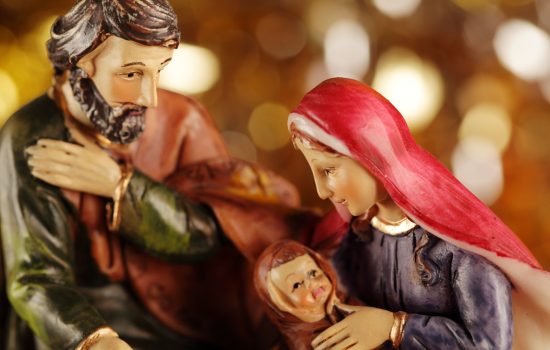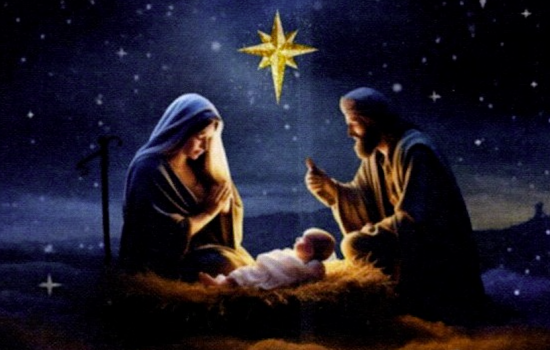Masses for All SAINTS & ALL SOULS DAYS 2022
Tuesday November 1 & Wednesday 2 November 8:30am & 7:00pm St Bernadettes Church
What is Purgatory?
Form the catechism of the Catholic Church we read that:
“All who die in God’s grace and friendship, but still imperfectly purified, are indeed assured of their eternal salvation; but after death they undergo purification, so as to achieve the holiness necessary to enter the joy of heaven.“( The final purification 1030).
[1]Scripture teaches that God is a “consuming fire” (Heb 12:29). The point St. Paul seems to make is that, as God draws us to Himself after death, there is a process of purification in the fire of God’s holy presence. God Himself purifies us of those imperfect deeds: the wood, hay, and stubble. And those works that are performed in faithfulness and obedience to Christ by the power of the Holy Spirit, those of gold and silver, are purified. This purification is necessary because, as Scripture teaches of heaven—the new Jerusalem—and the temple within it, “Nothing unclean shall enter it” (Rev 21:27).
[1]The hidden mystery behind the teaching of purgatory is our calling to live in God for all eternity, which requires us to give perfectly of ourselves (Matt 5:48). Even with deep faith, the Christian life is difficult. We are called to manifest heroic generosity, and yet generosity hurts in this life. No matter what we’re asked to give, we seem to run out—of time, of energy, of money. God calls us to acknowledge this weakness, this poverty, and to turn to Him and cry out for help that He might fill us with His grace.
[1] Read more here
Why pray for the faithful departed?
[2]” The belief that our prayers can and do assist those blessed souls in purgatory goes all the way back to the beginning of church history. In the ancient catacombs, for instance, there are inscriptions of actual prayers for the dead and others asking for prayers for them. In the fourth century, St. John Chyrsostom wrote, “Let us help and commemorate [the dead]. If Job’s sons were purified by their father’s sacrifice, why would we doubt that our offerings for the dead bring them some consolation?” He was following and affirming a long-standing church belief and practice, that the living pray for the dead.”
[2] Read more here





















